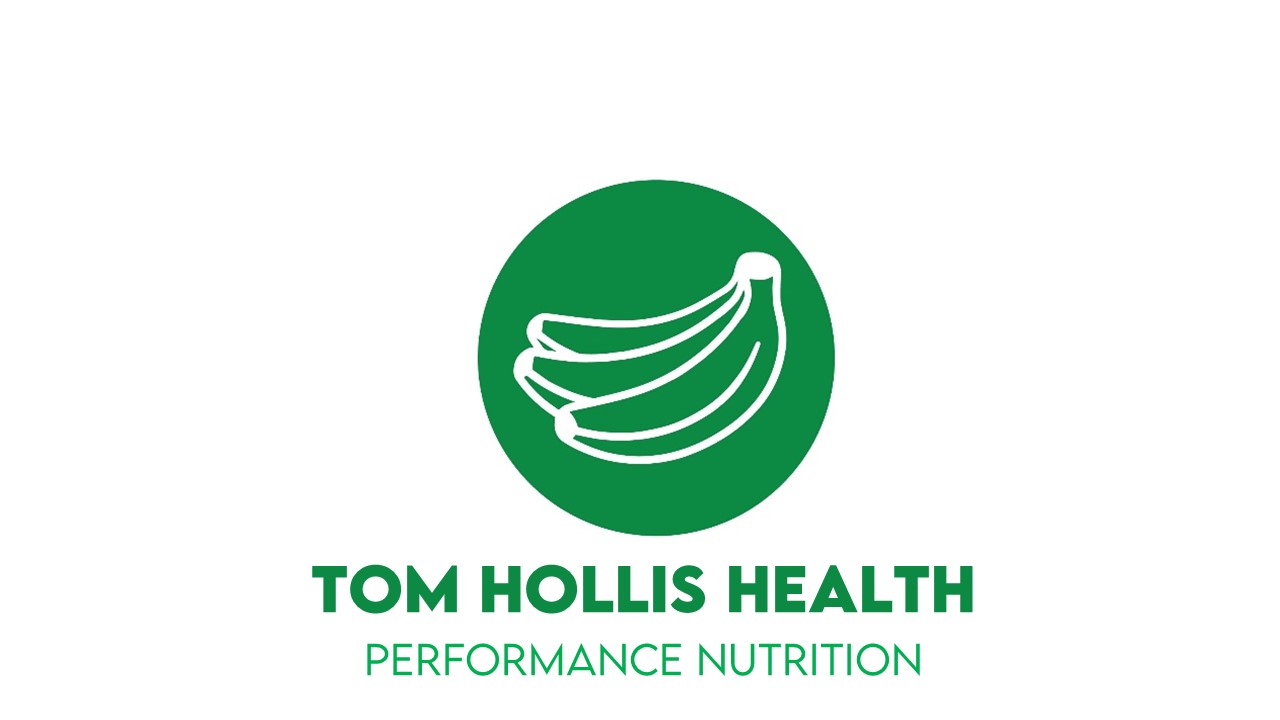Last week, I discussed the ongoing saturated fat debate, and hinted that diet research is often flawed… which can be why dietary science or evidence appears inconclusive. Here are six reasons to help explain why that can be the case:
1. Long follow-up times
The effects of dietary approaches are not going to be seen overnight. Instead, impacts on health might take years, or more likely, decades (which is why it is the habits of a lifetime that matter, not those of a month after Christmas). This means that studies have to be hugely ambitious from the outset, taking into account the ‘loss to follow-up’ (losing participants as the study progresses).
2. Adherence
It’s all well and good asking study participants to follow a particular diet for the purposes of a study, but monitoring how well they actually do this is nigh on impossible. Study subjects are human, and we all know how hard it can be to follow a diet at all times.
3. Small effects
Unlike some intervention studies that involve, for example, powerful medical treatments, the effects from dietary manipulation are usually going to be far more subtle. The problem with this is that in order for the effect to be visible and statistically significant, a huge sample size is needed – which again poses problems from the outset when designing and funding studies.
4. Funding
Linking into some of the points above, large, ambitious studies need a lot of funding. There are of course some wonderful charities like the World Cancer Research Fund that put money and resources into relevant projects, but dietary studies are usually lacking in financial backing, unlike drug studies funded by big pharma.
5. Disentangling
We don’t eat single foods (or indeed nutrients) in isolation. For this reason, it can often be hard to disentangle the effects of one food from the effects of others in the diet. Similarly, even though statistical methods aim to ‘match’ subjects based on exercise levels, for example, it is often difficult to eliminate the impact of other lifestyle factors beyond diet.
6. Quality of data
Dietary data collection itself can be problematic and unreliable in studies. Methods such as food frequency questionnaires and 24 hour recalls are commonly used, but are subject to huge amounts of potential error.
These same problems do not really apply to the sharp end of clinical dietetics, for example on wards or even intensive care units, where conditions are (or should be) more easily controlled, and health outcomes closely monitored. But in the real world, we have to use a mixture of evidence, including ‘ecological’ studies (e.g. looking at Japanese / Mediterranean diets and identifying health trends in these populations).
It is because of these limitations that when in relative good health, we need to use common sense and not overly complicate nutrition – until there is sufficient evidence to support doing so. And while statistical modelling and study design techniques are becoming more sophisticated, some of the problems inherent to dietary research are likely to persist for some time.




